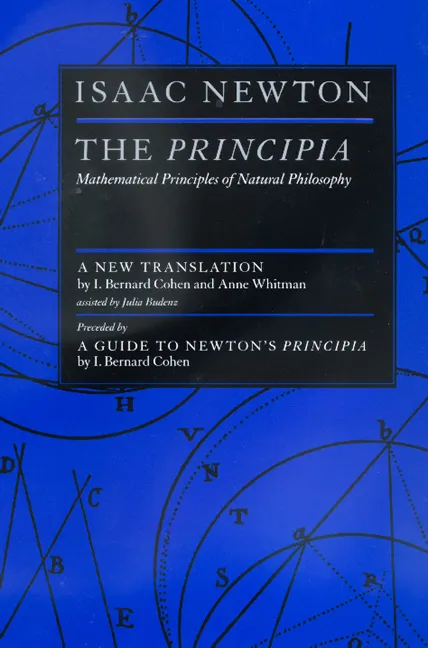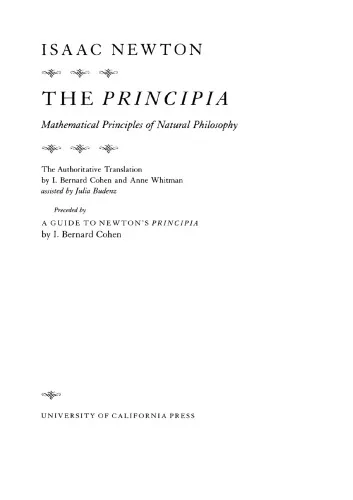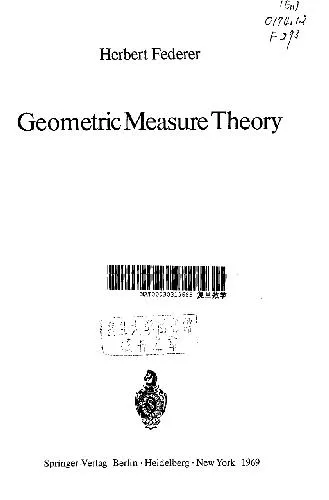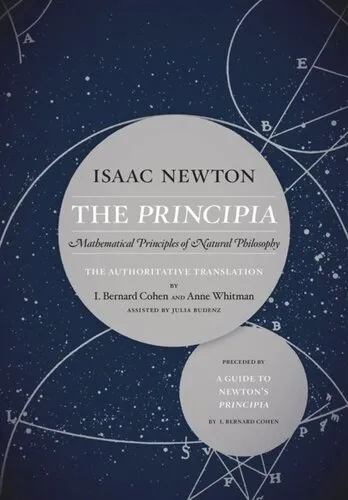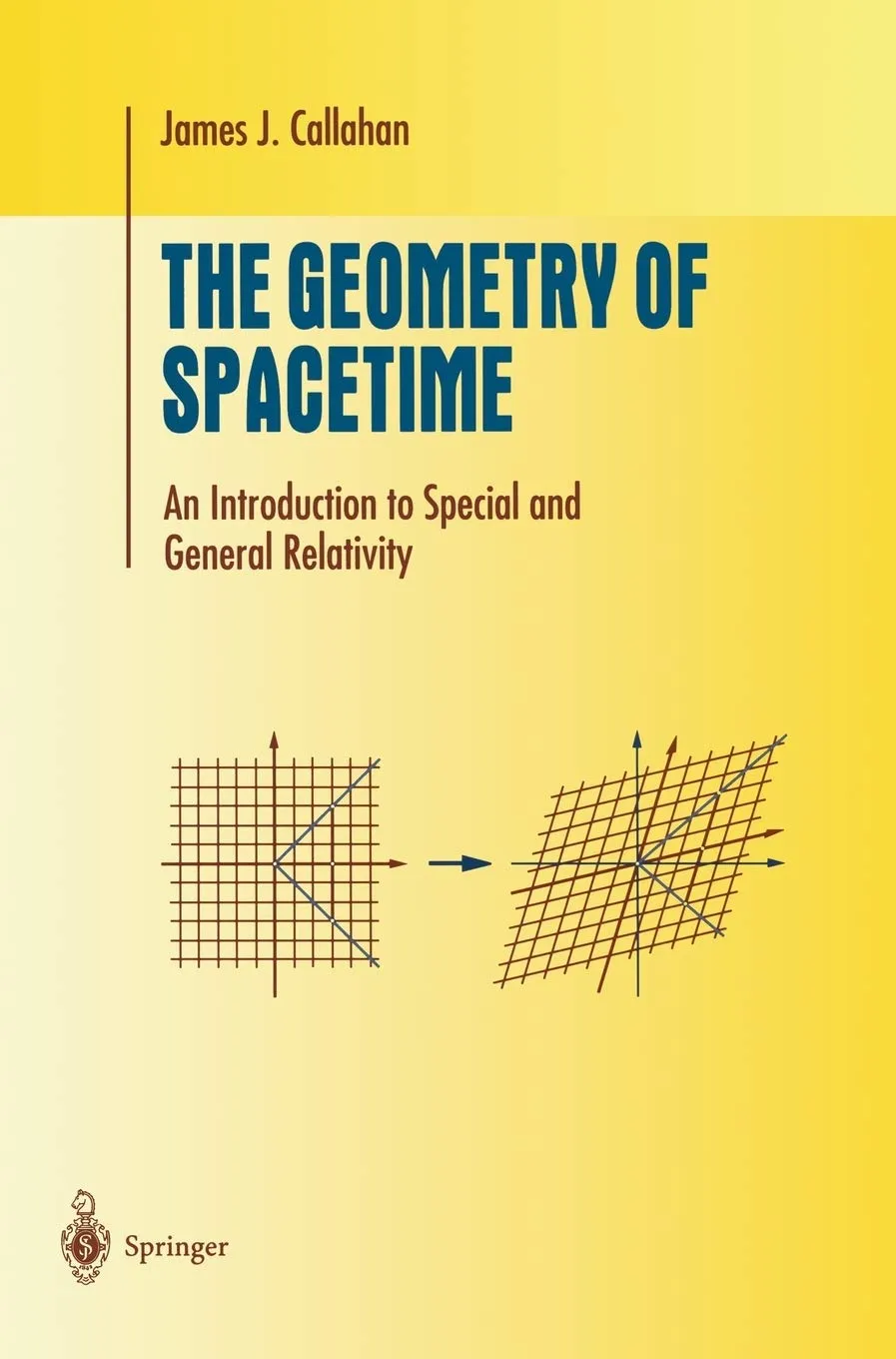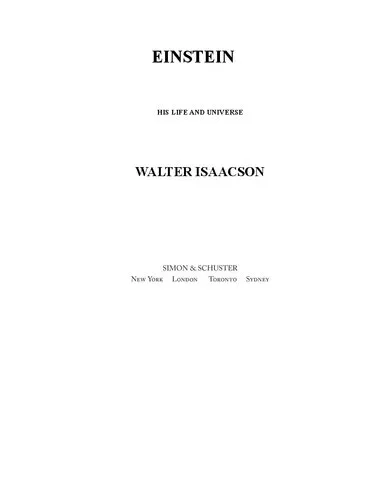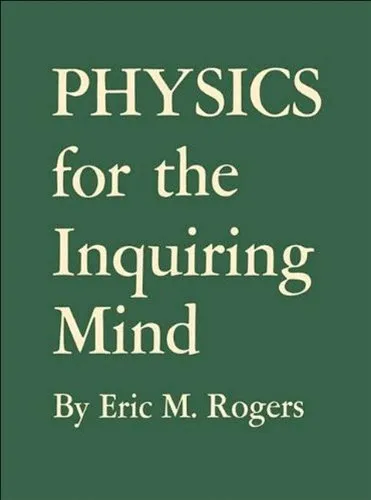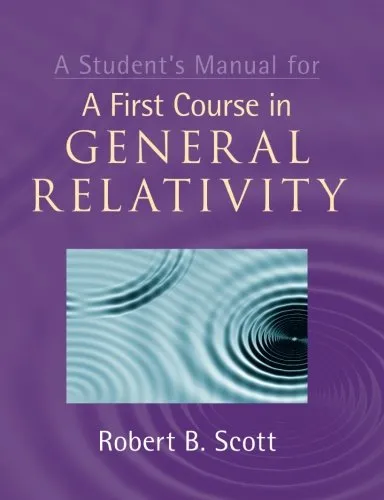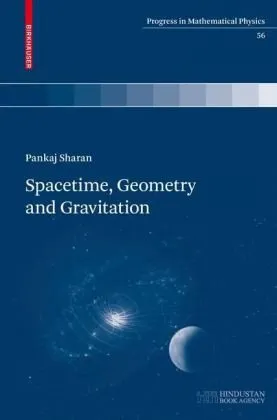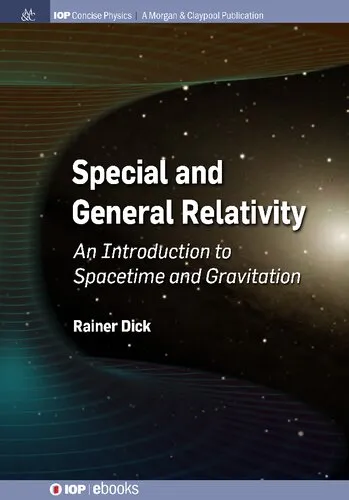The Principia: Mathematical Principles of Natural Philosophy
4.7
بر اساس نظر کاربران

شما میتونید سوالاتتون در باره کتاب رو از هوش مصنوعیش بعد از ورود بپرسید
هر دانلود یا پرسش از هوش مصنوعی 2 امتیاز لازم دارد، برای بدست آوردن امتیاز رایگان، به صفحه ی راهنمای امتیازات سر بزنید و یک سری کار ارزشمند انجام بدینکتاب های مرتبط:
مقدمهای بر کتاب 'The Principia: Mathematical Principles of Natural Philosophy'
آثار آیزاک نیوتن در زمینه ریاضیات و فیزیک، باعث تحول عظیمی در علم فیزیک شده است. یکی از مهمترین کتب او که به عنوان یک شاهکار علمی شناخته میشود، کتاب 'The Principia: Mathematical Principles of Natural Philosophy' است. این کتاب پایههای مکانیک کلاسیک را بنا نهاده و به شکلگیری علوم طبیعی مدرن کمک کرده است.
خلاصهای از کتاب
کتاب 'The Principia' در سه جلد منتشر شد. جلد اول به درک حرکت اجسام در فضا بر اساس قوانین حرکت پرداخته و مفهوم نیروی جاذبه را معرفی کرده است. جلد دوم به حرکت اجسام در محیطهایی مانند آب و هوا و اصول دینامیک سیالات میپردازد. در جلد سوم، نیوتن به کاربرد قوانین خود در حوزههای مختلف مانند حرکات سیارات و ماه میپردازد. اتحاد میان قوانین حرکت نیوتن و جاذبهی عمومی، در این کتاب به شکلی دقیق و محاسبهشده بیان شده است.
نکات کلیدی
- تبیین سه قانون حرکت نیوتن که اساس دینامیک کلاسیک را تشکیل میدهند.
- گسترش مفهوم نیرو و ارائه نظریهی جاذبهی عمومی.
- استفاده از ابزارهای ریاضی جدید برای حل مسائل مکانیک و فیزیک.
- تاثیر عمده بر پیشرفت علوم طبیعی و تغییر بنیادین درک بشر از کیهان.
نقلقولهای معروف از کتاب
"Hypotheses non fingo." – "فرضیهای ارائه نمیدهم."
"Truth is ever to be found in simplicity, and not in the multiplicity and confusion of things."
چرا این کتاب اهمیت دارد؟
کتاب 'The Principia' نه تنها نقطه عطفی در تاریخ علم است، بلکه به طور گستردهای بر اندیشمندان و دانشمندان قرون بعدی تاثیر گذاشت. این کتاب پایهگذار مفاهیم فیزیکی شد که تا به امروز نیز در علوم مهندسی، فیزیک و حتی فناوریهای جدید مانند طراحی هوافضا به کار میروند. با ارائه یک چارچوب نظری قوی بر پایه ریاضیات، نیوتن به علم این امکان را داد که از روشهای تجربی و آزمایشگاهی فراتر رود و به یک علم نظری تبدیل شود.
Welcome to an introduction to 'The Principia: Mathematical Principles of Natural Philosophy'—a groundbreaking work by Sir Isaac Newton, meticulously translated and annotated by I. Bernard Cohen, Anne Whitman, and Julia Budenz. This seminal text, first published in 1687, laid the foundational bedrock for classical mechanics, providing a mathematical framework that has underpinned physics for centuries.
Detailed Summary of the Book
'The Principia' is comprised of three books, each presenting a cohesive and methodical approach to the laws that govern matter and motion. The first book posits Newton's famous three laws of motion, defining concepts like inertia, force, and acceleration. Here, Newton introduces the fundamental notions of calculus to explain planetary motions and orbits.
In the second book, Newton focuses on the motion of bodies through resistive mediums, but more than that, he presents an argument against René Descartes' vortex theory of planetary motion. His use of mathematics to disprove prior philosophical theories demonstrates the rigor and transformative nature of Newton's work.
The third book, often titled 'The System of the World', culminates in the universal law of gravitation. Newton elucidates how the same natural laws apply both on Earth and in space, asserting a universality to these principles.
Key Takeaways
- Laws of Motion: Newton establishes the three laws that describe the relationship between a body and the forces acting on it, forming the core of mechanics.
- Universal Gravitation: The proposition that all bodies exert gravitation, explained through attraction and affecting the motion of celestial bodies.
- Mathematical Rigor: The use of geometric and infinitesimal calculus to describe natural phenomena, a paradigm shift in scientific inquiry.
- Scientific Methodology: A demonstration of empirical evidence interwoven with mathematical logic, setting a standard for future scientific research.
Famous Quotes from the Book
"To every action, there is always opposed an equal reaction."
"I can calculate the motion of heavenly bodies but not the madness of people."
Why This Book Matters
'The Principia' is not merely a book about mathematics or physics; it represents a monumental shift in human thought and scientific methodology. Newton's work exemplifies the power of logical reasoning, making it a cornerstone of the Enlightenment. It provided the tools for later pioneering work in physics and engineering, influencing a myriad of disciplines including astronomy, engineering, and mathematics.
This treatise has not only educated generations of scientists and mathematicians but has inspired countless innovations that have profoundly shaped the modern world. By grounding celestial and terrestrial phenomena in one unified theory, 'The Principia' dismantled barriers between science and philosophy, enhancing our understanding of the cosmos.
Through the lens of modern science, Newton's 'Principia' invites continual reflection, debate, and exploration. It challenges current and future thinkers to expand upon its principles, driving innovation while upholding the quest for knowledge and truth.
دانلود رایگان مستقیم
شما میتونید سوالاتتون در باره کتاب رو از هوش مصنوعیش بعد از ورود بپرسید
دسترسی به کتابها از طریق پلتفرمهای قانونی و کتابخانههای عمومی نه تنها از حقوق نویسندگان و ناشران حمایت میکند، بلکه به پایداری فرهنگ کتابخوانی نیز کمک میرساند. پیش از دانلود، لحظهای به بررسی این گزینهها فکر کنید.
این کتاب رو در پلتفرم های دیگه ببینید
WorldCat به شما کمک میکنه تا کتاب ها رو در کتابخانه های سراسر دنیا پیدا کنید
امتیازها، نظرات تخصصی و صحبت ها درباره کتاب را در Goodreads ببینید
کتابهای کمیاب یا دست دوم را در AbeBooks پیدا کنید و بخرید
1552
بازدید4.7
امتیاز0
نظر98%
رضایتنظرات:
4.7
بر اساس 0 نظر کاربران
Questions & Answers
Ask questions about this book or help others by answering
No questions yet. Be the first to ask!
